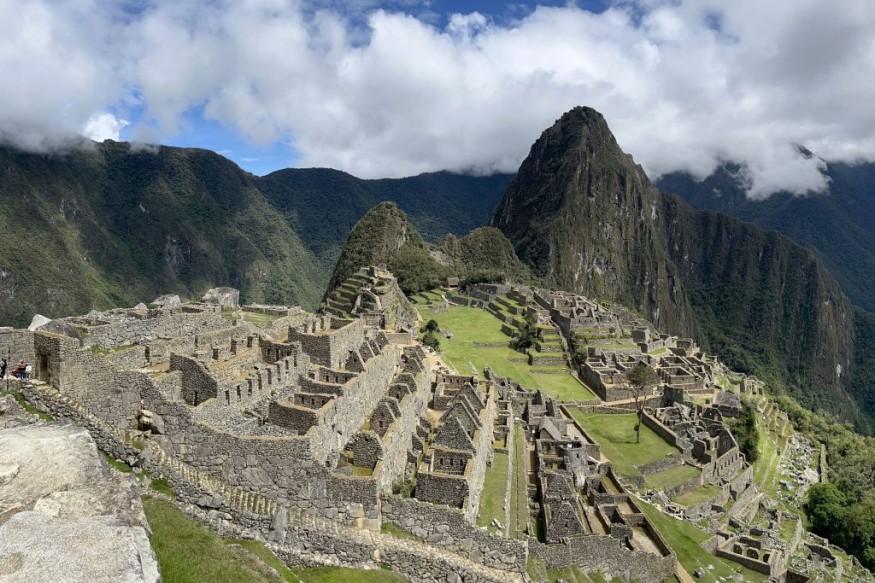Machu Picchu Reopens to Tourists After Closure Over Peru's Civil Unrest

Machu Picchu reopened on Wednesday to welcome tourists again after being closed for nearly a month amid civil unrest in Peru.
According to PBS NewsHour, the culture ministry announced the reopening of the famous historical site after agreements were made between authorities, social groups, and the local tourism industry.
The agreements were made to ensure the security of the tourist attraction and the transport services going to the destination. The demonstrations caused a blockade of the train tracks, which led to the stone citadel.
When Machu Picchu closed down on January 21, it forced the Peruvian government to airlift more than 400 tourists from Machu Picchu to the city of Cusco by helicopter.
READ NEXT : Peru Protests: Foreign Minister Admits Demonstrations Not Backed by Criminal Groups as Dina Boluarte Claims
Peru Civil Unrest
Protests in Peru have continued for almost two months, with calls for President Dina Boluarte's resignation and for holding new elections, Al Jazeera reported.
In the last weeks of January, dozens of civilians were shot dead by armed forces. The gates of a known public university were also stormed by a military tank, with police precincts set on fire.
Boluarte became the president of Peru after former President Pedro Castillo was removed from his post. Congress impeached him on December 7. He was impeached and arrested for trying to dissolve Congress.
The protesters are mainly composed of Castillo's supporters. They were calling for Boluarte's resignation, new elections, and a revised constitution. Since protests started, almost 50 civilians have reportedly been killed.
Despite protests, analysts noted that Boluarte's rise to the presidency was constitutionally legitimate. However, Jo-Marie Burt, a senior fellow at the Washington Office on Latin America, said the situation is "going to explode" if Boluarte continues to rule "with her back to the people and using repression to keep protesters at bay."
Last month, the Boluarte government imposed a state of emergency across seven regions, including the capital of Lima, to defuse the protests. The state of emergency has reportedly suppressed basic civil liberties, including the right to assembly.
Why Was Machu Picchu Closed?
Machu Picchu was closed indefinitely in January due to the protests. The government said at the time that it closed the site and the Inca trail hike leading up to the site to protect tourists and citizens.
The rail services into Machu Picchu were also suspended after protesters allegedly damaged some train tracks. The tourism ministry previously said it safely evacuated 148 foreigners and 270 Peruvians on trains and buses.
In a statement last month, Peru's culture ministry noted that those who had already bought tickets for the site would be able to use them for one month after the end of the demonstrations. The ministry added that the tourists could get a refund.
The European Union slammed the widespread violence in the country, calling it a "disproportionate" use of force by the police. The organization said that it is calling for "urgent steps to restore calm." Meanwhile, Congress has reportedly denied advancing elections in Peru.
This article is owned by Latin Post.
Written by: Mary Webber
WATCH: Tourists Trapped Near Machu Picchu Due to Protests in Peru - From Inside Edition
Subscribe to Latin Post!
Sign up for our free newsletter for the Latest coverage!













